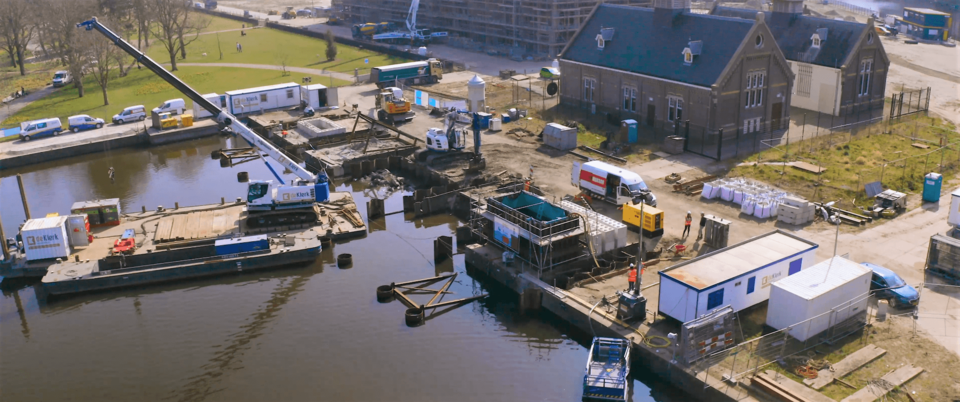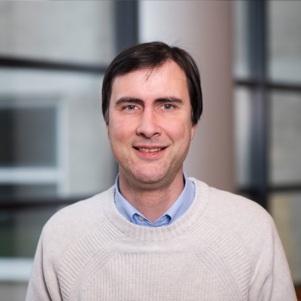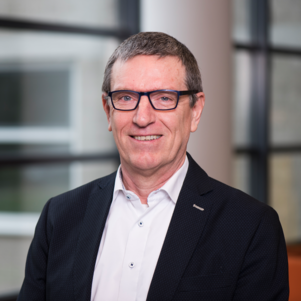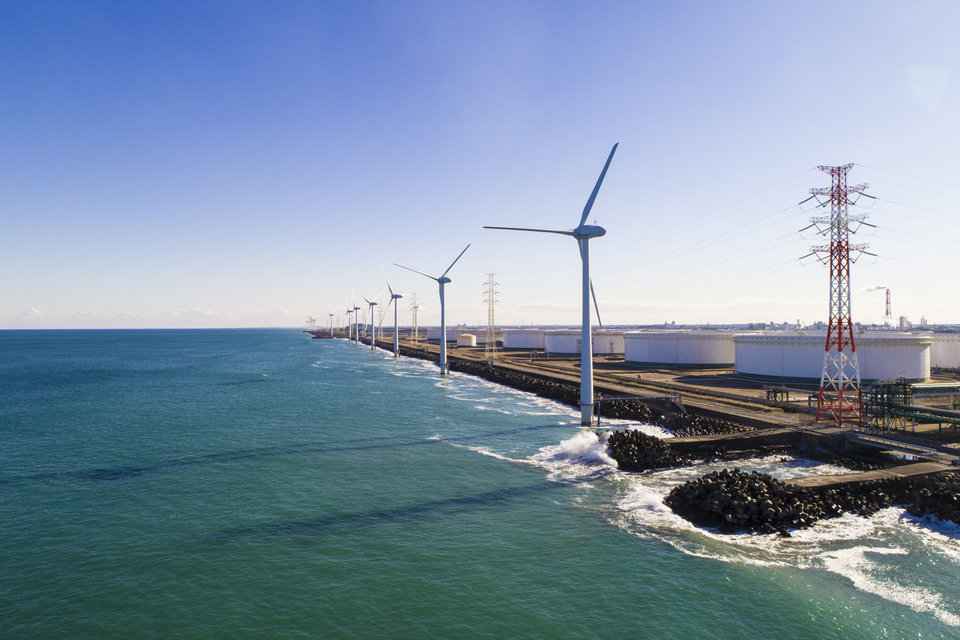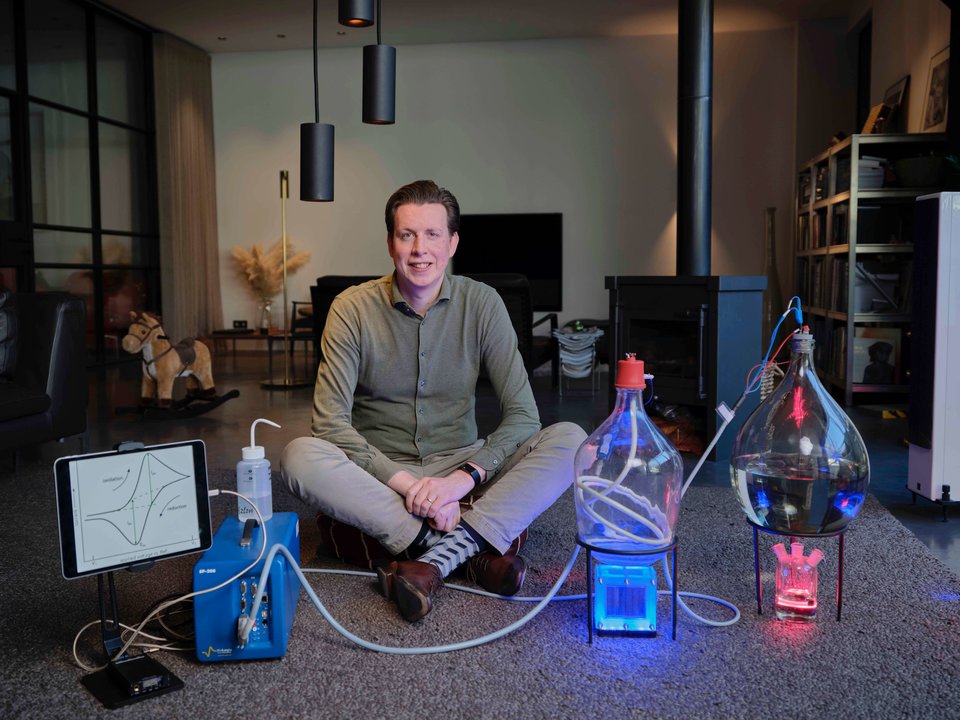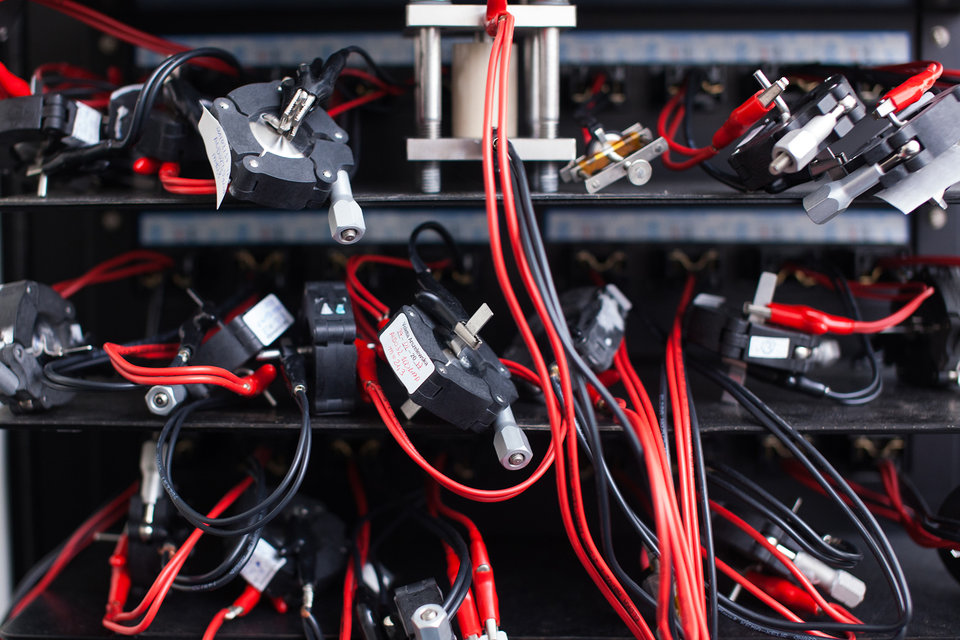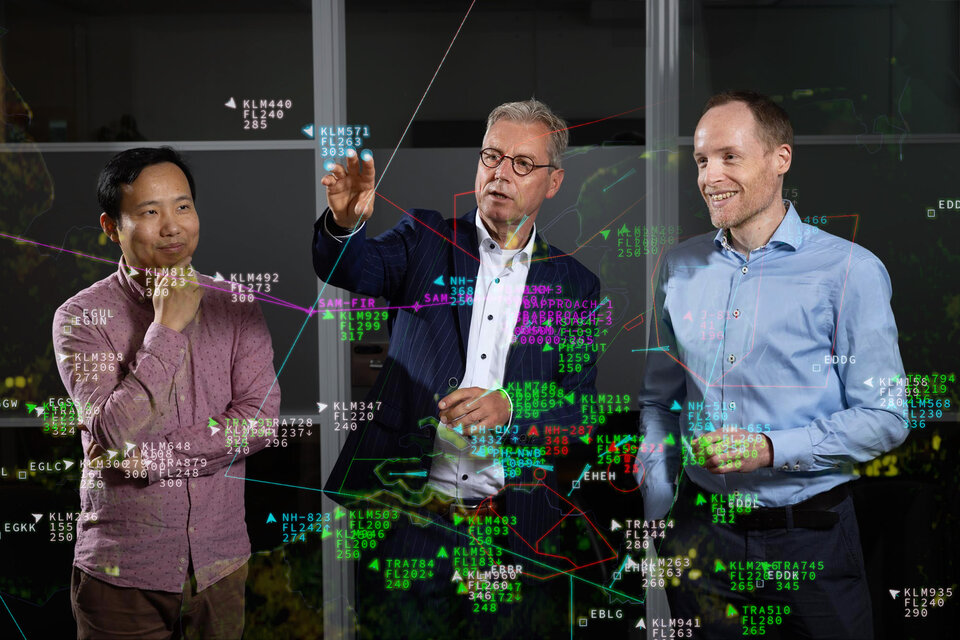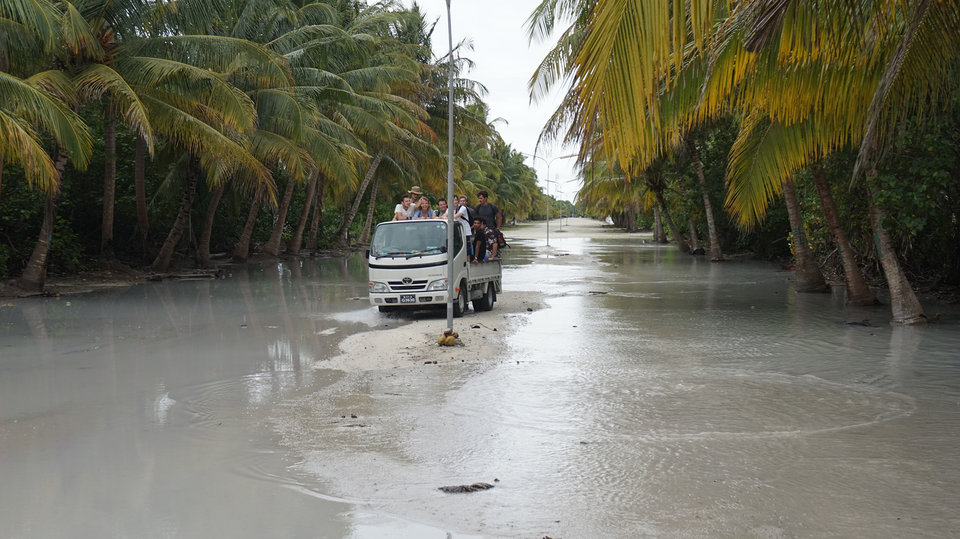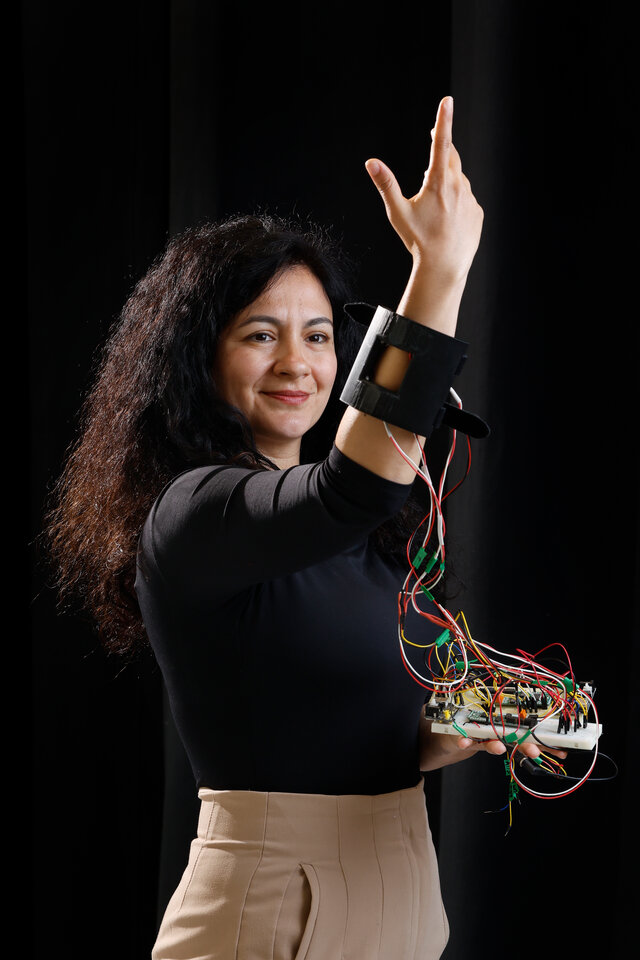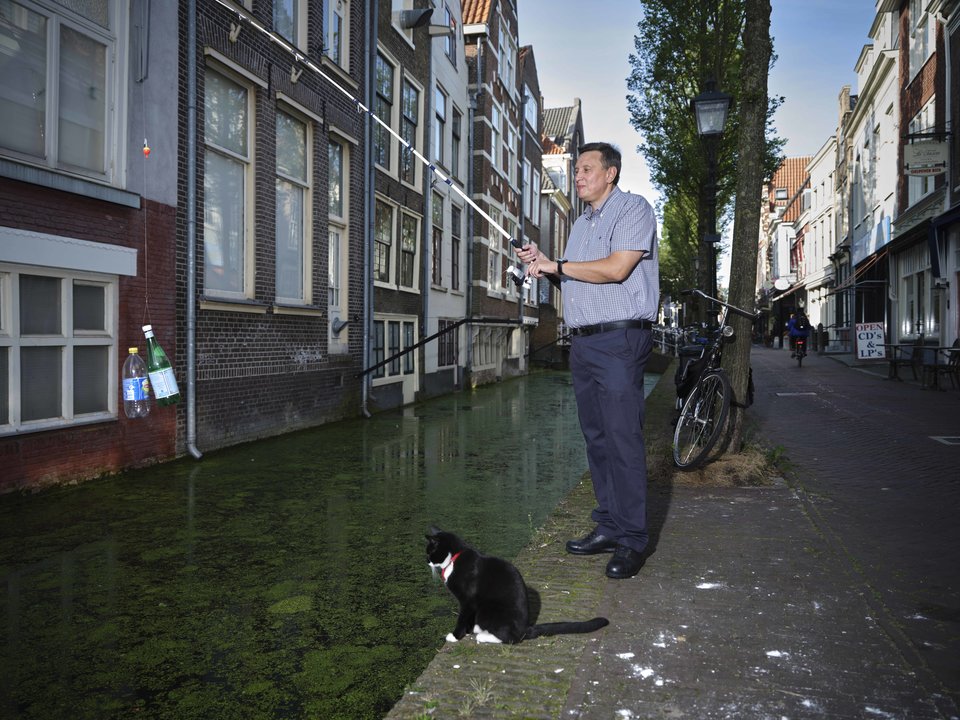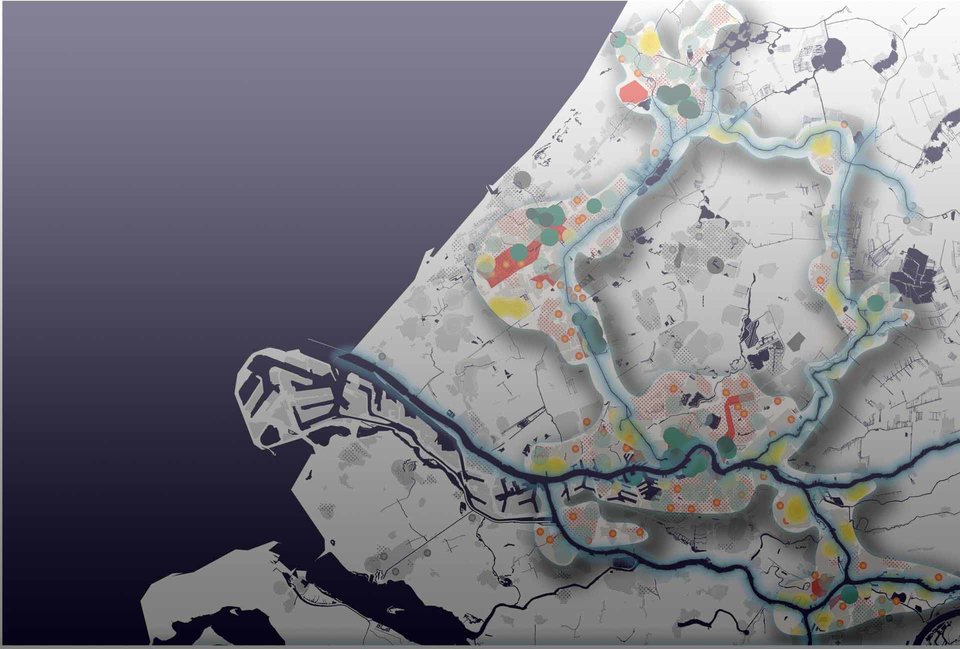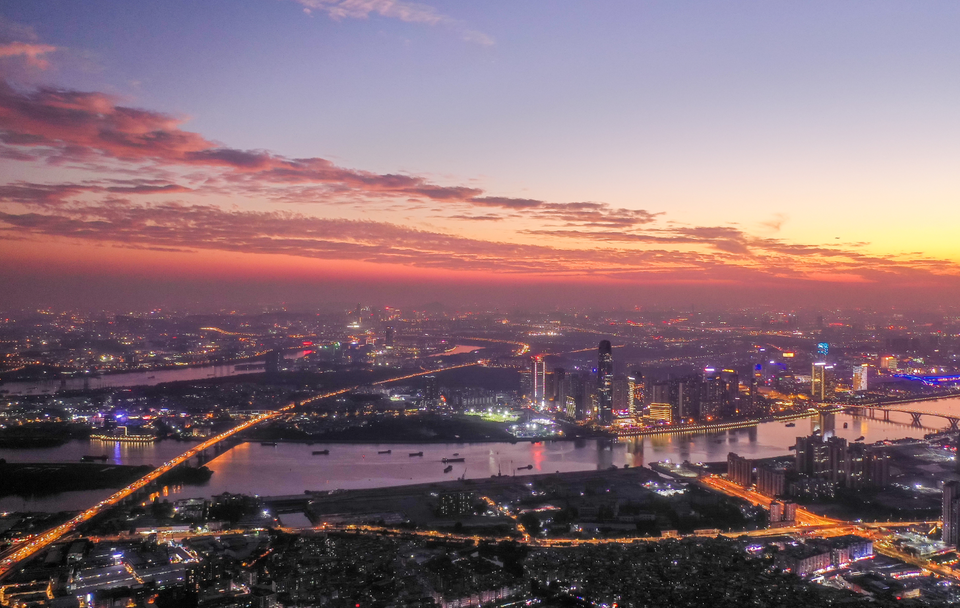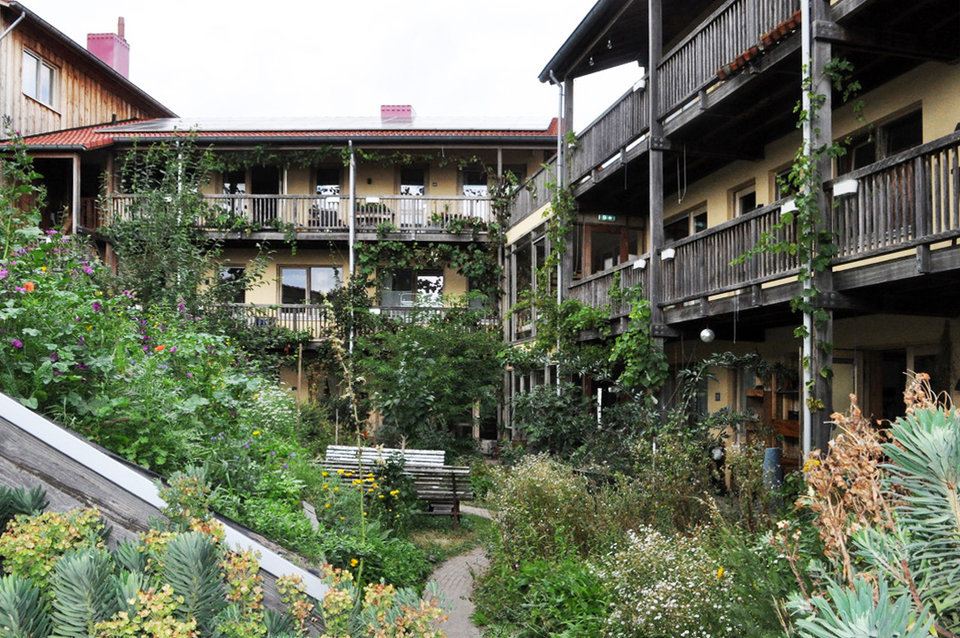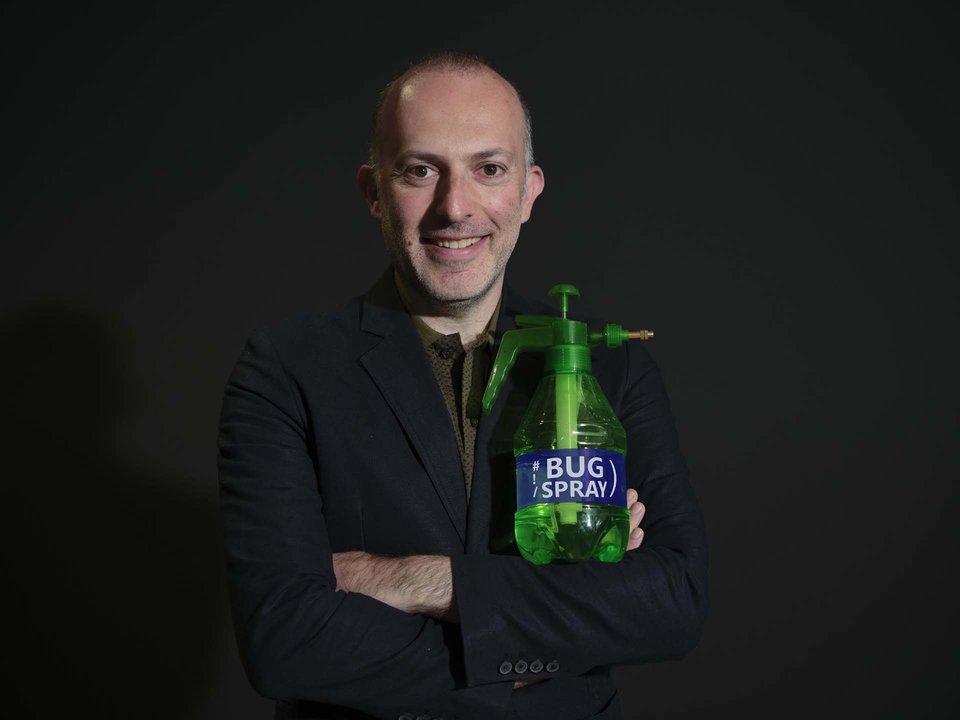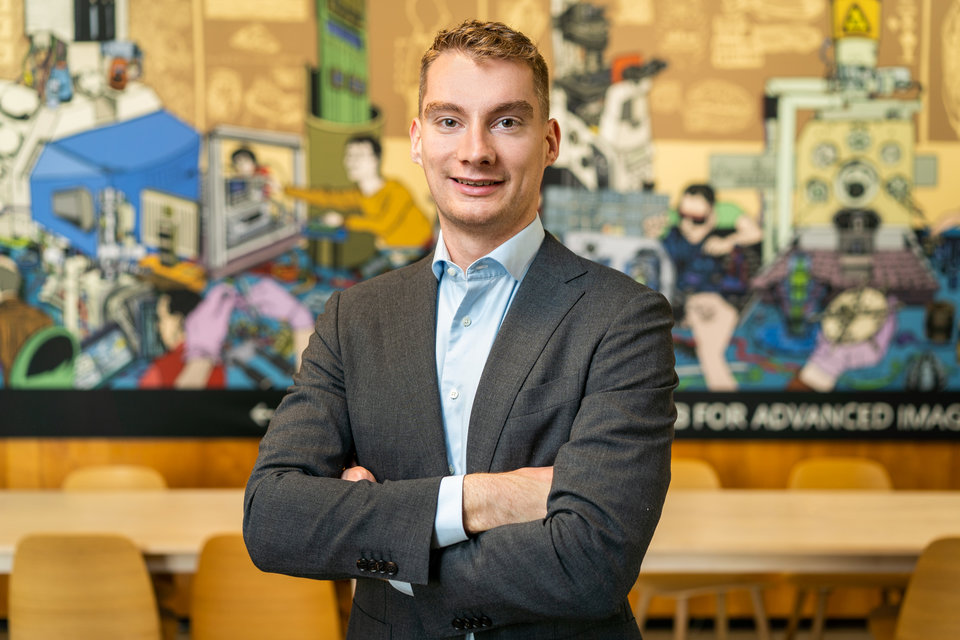Dutch gas network operators increasingly face factors that affect the safety of the gas network, such as different qualities of gas that cannot simply be mixed, pipes that have to be replaced, new technologies and changes in the tasks and responsibilities of partners in the chain. Netbeheer Nederland, the sector organisation for all electricity and gas distribution network operators, wants to be able to respond proactively to these challenges, which is why Delft University of Technology (TU Delft) has been working since 2014 with Netbeheer Nederland and other stakeholders to exchange knowledge and identify issues. TPM researchers Genserik Reniers and Rolf Künneke are working on safety and regulation models, respectively, in order to guarantee the safety of gas distribution networks even under changing institutional and technological conditions.
Regulation
The research into regulation aims at in-home safety, changes in the quality of gas and how to deal with the decentralisation and variety of gas supply. A key question is where the responsibilities lie for safety checks. Who checks the gas pipes inside the home, for instance? Is this the task of the distribution companies, local authorities or market players? Künneke: ‘Since the liberalisation of the gas market, standard checks are no longer performed ‘behind the meter’ in houses. This was once the job of the distribution companies, when a house got a new owner for example. We are also increasingly faced with different qualities of gas offered by different market players. Before, most gas came from the province of Groningen, and our gas cookers and central heating boilers were set up for this specific quality of gas. Now we make greater use of sustainable gases and import more gas, such as from Russia. These gases have different properties and a different calorific value to the gas from Groningen. In order to guarantee safety, the quality of gas must be changed to meet the requirements of the combustion equipment, or vice versa. This problem is becoming even more serious now that gas production in Groningen is being phased out and the variety of supplied gas continues to grow. This could lead to increased safety risks. There is no reason to start panicking – after all, fatal incidents are very rare – but it is still important to identify these risks and reconsider the responsibilities’. And that is exactly what happens in the models that are made here.
Natural-gas-free neighbourhoods
In addition to safety, the models also take account of efficiency, sustainability and ethical dilemmas. The pros and cons constantly have to be weighed. One current example are the pros and cons in creating natural-gas-free neighbourhoods. ‘Local dismantling or redesignation of gas networks must be carried out in a safe way. This goes beyond just considering the pros and cons of sustainability, efficiency and safety of our energy supply. Ethical dilemmas also play an important role, such as the distribution of income and expenses across people, businesses and government bodies. Such considerations are important as well when guaranteeing safety, says Künneke.
Tool
One of the results of the research taking place at TU Delft is the development of a tool for partners in the gas distribution system to manage safety risks proactively. Reniers: ‘PhD candidate Peter Blokland has been working on an approach, based on independent scientific research, for the systematic measurement of safety in gas distribution companies and to improve the mental models that influence how we act in the area of safety. This can make the sector more proactive instead of reactive. TU Delft is working on this too’.
Platform
In order to share knowledge gained in practice and from research, a ‘Gas Safety Expertise Platform’ has been created in cooperation with Netbeheer Nederland. This brings together all stakeholders, such as network companies, regulators and policy-makers, once a year, to talk openly about trends in gas safety, needs for expertise and potential solutions for regulation and guaranteeing safety. ‘This openness is especially important. It's what enables the platform to contribute to better coordination and cooperation among partners in the chain, and that benefits gas safety in the Netherlands, explains Reniers.
More information
Professor Genserik Reniers works for the Safety and Security Science research group and Professor Rolf Künneke works for the Economics of Technology and Innovation research group. Both research groups are part of the department of VTI.

